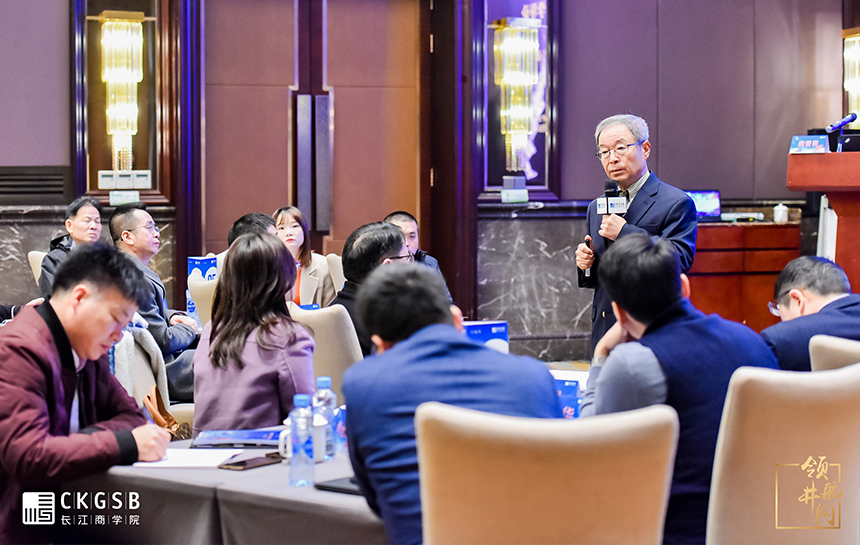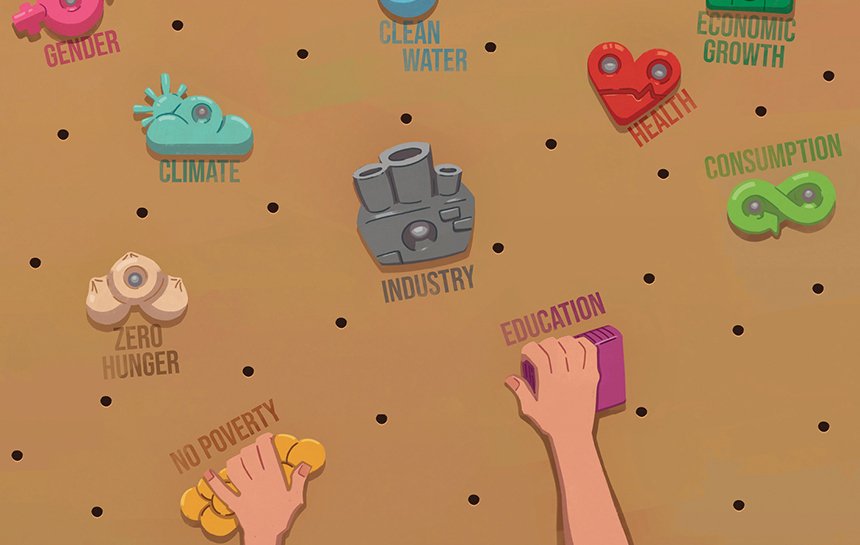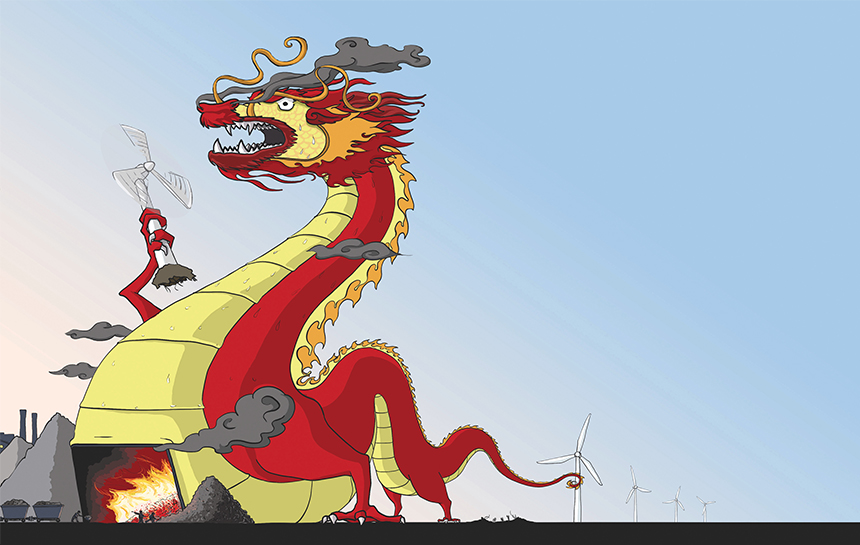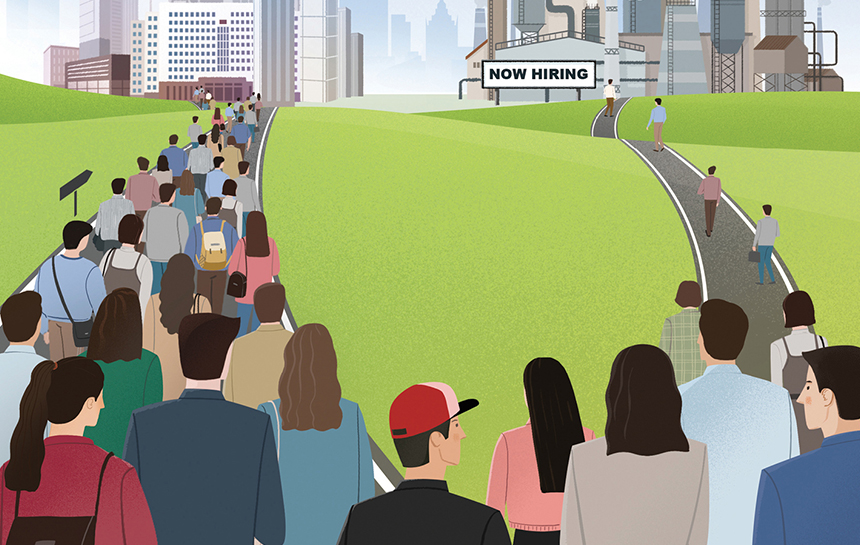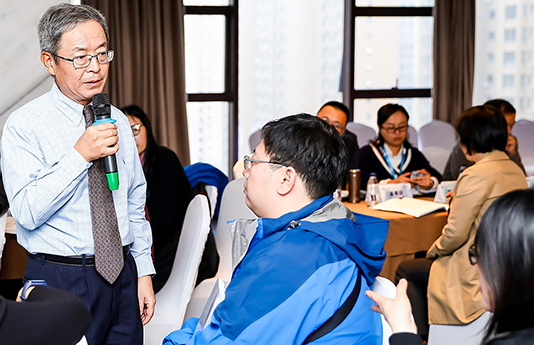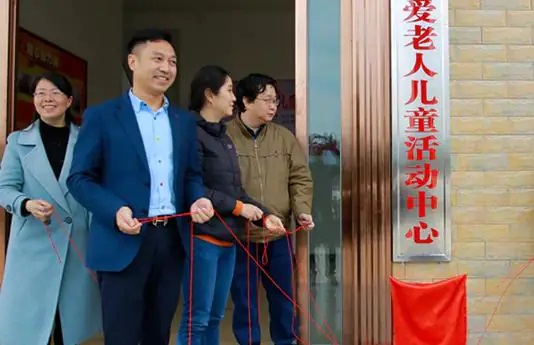Social Innovation and Sustainability
From Sensors to Smart Cities: China’s Digital Leap Forward
Across a rapidly growing number of Chinese cities, an intricate…
China’s pension pot: A weak social safety net is impacting on consumer spending
“I was not a big saver in the past, but…
Women in Leadership: How can businesses cultivate gender parity?
The top ranks of China’s political leadership have always been…
Classroom Revolution: China is taking a leading role in the global EdTech market
China needs to find the right balance for EdTech adoption,…
Growing Closer: China’s rural-urban divide and its effects
A large portion of rural Chinese incomes come from remittances…
What’s on the menu?
China’s F&B industry is booming, with creative new products and…
Demography Manifest
China’s demographic problems are becoming clearer to see and if…
CKGSB’s Ji’an Initiative: Educating Rural Entrepreneurs with Social Innovation
Ji’an, a city located in the mountainous regions of the…
The Art of Culture
China’s government-led efforts at generating soft power are at odds…
A hurdle too high?
The influence of politics and business means that China’s relationship…
Priority Targets
China’s progress on the UN’s Sustainable Development Goals is mostly…
Peking Emissions
The ambiguity of China’s carbon reduction goals has resulted in…
Jobs, Jobs and … Less Jobs?
China is in a unique position where it has both…
Business for Good
Thoughts from CKGSB’s Professor of Management and Associate Dean for…
What can China Learn from the European Union Emissions Trading System (EU ETS)?
Liu Jing – Professor of Accounting and Finance, CKGSB The…
An Uncommon Theory for Common Prosperity
The author of In Line Behind a Billion People: How…
Case Study: Ji’an Project
Ji’an, located in the central part of China’s Southeast Jiangxi…
Refocusing Our Energy
Fu Chengyu, former chairman of SINOPEC and former chairman and…
Reducing Our Global Footprint
“Regardless of the rate of reduction of greenhouse gas emissions,…
A Steph Towards Mutual Prosperity, Putting Purpose into Practice: The Economics of Mutuality
The economy has changed but the economic model has not…
The Future of Green Finance and Impact Investment
Green finance and impact investment are not emerging concepts, and…
Bridging the Environmental Sustainability Gap
In exposing the many vulnerabilities of our interconnected world, the…











